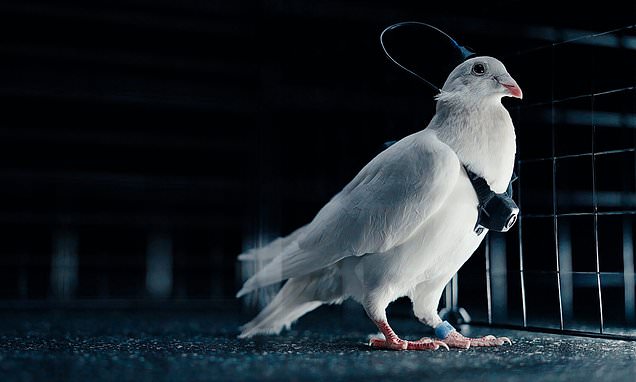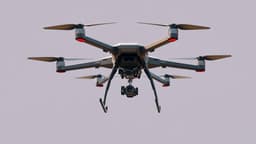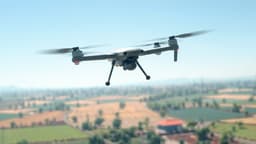Home / Technology / Russia's Brain-Implant Spy Pigeons Take Flight
Russia's Brain-Implant Spy Pigeons Take Flight
27 Nov
Summary
- Pigeons are surgically implanted with neural chips enabling remote flight control.
- Operators can upload flight commands by stimulating targeted brain regions.
- The technology aims for surveillance and security, with potential military use.

A Moscow-based neurotechnology firm, Neiry, is developing 'bird-biodrones' by surgically implanting pigeons with neural chips that allow remote control. Technicians can upload flight commands by stimulating targeted brain regions, influencing the birds' perceived desires to fly in specific directions. These pigeons are equipped with solar-powered backpacks containing electronics and GPS tracking.
The company claims that no prior training is required, as any bird becomes remotely controllable after the surgery. While Neiry states a goal of 100% survival, the number of birds lost during procedures remains undisclosed. The technology is intended for monitoring facilities, environmental checks, search-and-rescue, and as an added security layer.
This innovation could be transferred to military or intelligence applications, leveraging pigeons' ability to blend into civilian environments for discreet surveillance, potentially in conflict zones like Ukraine. Neiry's work draws parallels to past Soviet-era programs, such as the training of combat dolphins for reconnaissance and underwater sabotage.




